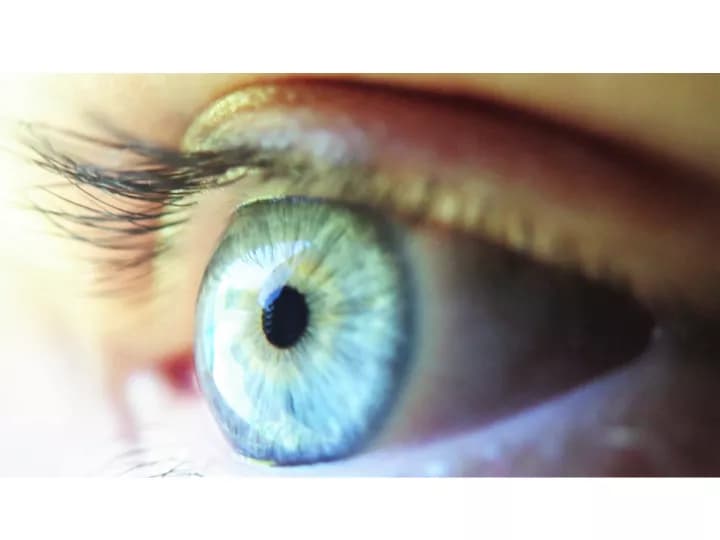
New View Of Age-Related Macular Degeneration: Fuel-Starved Light Receptors
New research from Boston Children's Hospital could potentially change how doctors approach two blinding diseases: 'Wet' age-related macular degeneration (AMD), the leading cause of blindness in the elderly, and macular telangiectasia (MacTel).
Both diseases are caused by abnormal growth of misshapen, leaky blood vessels in the eye's retina. It's widely believed this growth is triggered by oxygen deprivation. However, findings published Advance Online byNature Medicine on March 14, 2016 suggest another cause: dysfunctional energy metabolism in the eye that starves the retina's light receptors of fuel.
Based on their observations, senior investigator Lois Smith, MD, PhD, in Boston Children's Department of Ophthalmology, believes it may be possible to use drugs to help photoreceptors take in nutrients, and that this could be a new avenue to treating diseases like AMD and MacTel.
Meeting the eye's high energy demand
Photoreceptors consume a surprising amount of fuel. "They have the highest concentration of mitochondria -- the "furnace" of the cell -- and use more energy than any other cell in the body," Smith says. "They have to be 'on call' all the time to signal light perception and have to recycle their components constantly."
Because of this, photoreceptors have evolved a special system to ensure they get enough fuel, Smith's team showed. While these cells were assumed to be powered by glucose, the study showed that photoreceptors also need lipids, or fats. They have special receptors to take up fatty acids, as well as a special lipid sensor, FFAR1, that curtails glucose uptake when fatty acids are available.
To explore the effects of energy starvation, Smith's team created mouse models in which they manipulated the fatty acid receptors, leaving photoreceptors unable to get either lipids or glucose. "When blood lipids are elevated, the lipid sensor says, 'we don't need glucose, we have enough lipids here,' and it shuts off glucose uptake inappropriately," Smith explains.
The energy-starved photoreceptors then call for new blood vessels to bring them nutrients, the team found, by secreting large amounts of vascular endothelial growth factor (VEGF). This signaling protein is known to encourage abnormal blood-vessel formation in macular disease.
Potential for drug therapy
VEGF blockers exist and already being used in AMD, but they have systemic side effects, preventing healthy, necessary growth of blood vessels. "If you go upstream of VEGF and solve the energy problem early, it could be more effective and safer," Smith says.
It may be possible to do that by blocking the lipid sensor, FFAR. In experiments where the team did this, cells were able to keep taking in glucose and the mice had far fewer diseased vessels. The transporter that brings glucose into cells is another potential target, but is harder to reach with drugs, whereas FFAR inhibitors are already in clinical trials for diabetes.
Smith believes that fuel starvation contributes to age-related macular disease due not only through lack of fuel but also decreased energy efficiency in mitochondria as people age. She notes that abnormal lipid metabolism and mitochondrial dysfunction are both associated with aging and are important risk factors for AMD.
The team's next steps will be to see if people have lipid sensors similar to those in mice. If so, existing inhibitors could be tried in clinical trials, Smith says.
The above post is reprinted from materials provided by Boston Children's Hospital. Note: Materials may be edited for content and length.
Disclaimer: DoveMed is not responsible for the adapted accuracy of news releases posted to DoveMed by contributing universities and institutions.
Primary Resource:
Joyal, J. S., Sun, Y., Gantner, M. L., Shao, Z., Evans, L. P., Saba, N., ... & Juan, A. M. (2016). Retinal lipid and glucose metabolism dictates angiogenesis through the lipid sensor Ffar1. Nature Medicine.
Related Articles
Test Your Knowledge
Asked by users
Related Centers
Related Specialties
Related Physicians
Related Procedures
Related Resources
Join DoveHubs
and connect with fellow professionals

0 Comments
Please log in to post a comment.